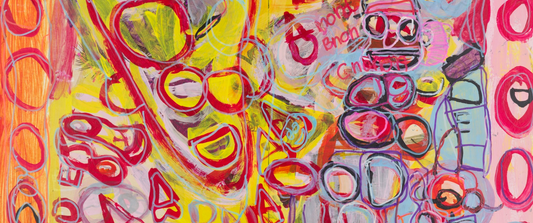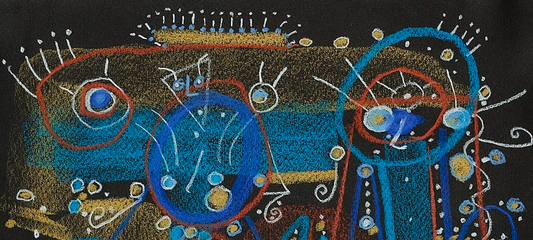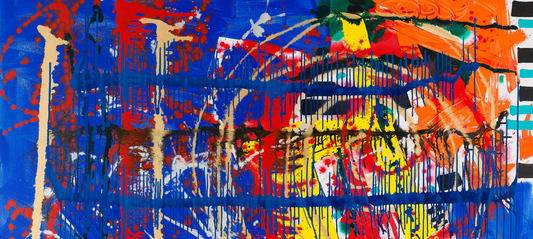Hasan Hazer Moshaar
(1903–2014)
Hassan Hazer Moshaar (known as "Father Gepetto") was an old man living in the Gilan outskirts of Tehran (Masouleh), whose gentry went back to Khalkhal. Born in 1902, he was wounded in World War I and lost one of his eyes. When he was 16, he started learning carpentry and woodcraft under the attendance of a skillful Armenian timberman in Rasht, and for years until he was 75 continued this occupation. He immigrated from the north of the country to Tehran and worked in many towns. He was also an author, knew Ferdousi’s epic poem Shaahnameh and also loved the poetry of Hafez. In his recent last years, he had no workshop and used to work under Karimkhan Bridge in Tehran and sell his creations. He said about his contribution to the art world: “Carpentry is an art, too, but the main story of me staying in this field goes back to the time when I had an accident, my head hit a stone and I went into a coma. When I recovered, I wasn’t able to work anymore.”

His daughter confided the shop to his apprentices and didn’t let him work any longer. But he could not sit still. He knew painting in a way, and after that incident his life continued through this art. At first, he didn't have a workshop, so he would sit in the street, work and sell his art. He was always unpretentious and free in his work, and did not worry if a job became spoiled. He said: “In my opinion, the term used as 'self-taught' is meaningless. Life is the greatest teacher. Man must be able to gain from life experiences. I used woodcraft in making sculptures, as simple as that, and this is what a university won’t teach you.”
When he was about 91, he was still able to stand on his feet for 13 hours a day, paint and make sculptures. He was familiar with wood for his entire life, and knew every type, making working with such a material so easy for him.
Though Hassan Hazer Moshaar was 91, he used to work day and night, read books, write and rhyme.
Up to now many solo exhibitions have been held in Tehran galleries and one exhibition of his work was held in Dubai.
by Morteza Zahedi


